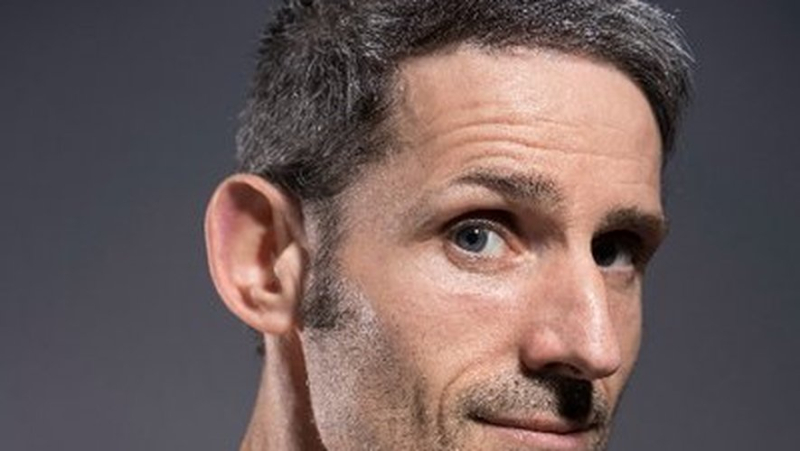“A shortage in essential professions”: four years after confinements and the Covid crisis, a sociologist is worried


Pierre Moisset estime que les confinements ont “laissé des traces” auprès des professionnels de première ligne. D. R.
Pierre Moisset, specializing in early childhood, notes that women are turning away from these poorly paid and poorly valued professions where positions remain more and more vacant.
You worked on the professions that were on the front line during the lockdowns where are we four years later ?
The confinement was a moment of quite strong shock because all the professions which, in ordinary times, were devalued or little valued were quickly mobilized. This is the case in the field of early childhood where women have been asked to be very present, often to the neglect of their own health protection. These invisible elements of public policy had become essential. I hypothesize that the confinements have left their mark because we are now observing a great shortage in essential professions, particularly in daycare centers. This was an ongoing phenomenon before confinement but which was greatly accentuated and which we cannot resolve today.
Why, do you think ?
They no longer believe in this kind of romance, the work has remained difficult and they have not obtained better working conditions and, above all, better pay. The “bonus attractiveness” from 150 € wanted by ministers Catherine Vautrin and Sarah El Haïry for early childhood professionals has even been blocked by the board of directors of the National Family Allowance Fund. We cannot symbolically say “you are essential” and continue to treat you materially in the economy.
This poses a social problem ?
Confinement raised the issue of knowing whether we are a production society or a care society? We have talked a lot about reindustrialization, but we leave in the shadows the idea that what makes wealth of a society is not necessarily to produce goods but rather to care for goods and people. Confinement raised the question of what is the point of running frantically towards ever more production ? Which echoes the ecological crisis which poses the same questions.
How will this evolve ?
It’s hard to say. We see that there are fewer and fewer vocations, particularly in early childhood professions, we have a major crisis in terms of childminders, this is also the case for care of the elderly & hellip; All the hard and poorly paid jobs. We are seeing a shortage, many people are panicking and the government is proposing to use immigration to bring in women, for whom it will be a gain, but which will contribute to the devaluation of these professions. It’is a harmful strategy that employers have already used during the 20th century… Why not bring in immigrants, obviously, but we must not forget to revalue these professions which were essential at the time of the health crisis.
I subscribe to read more




